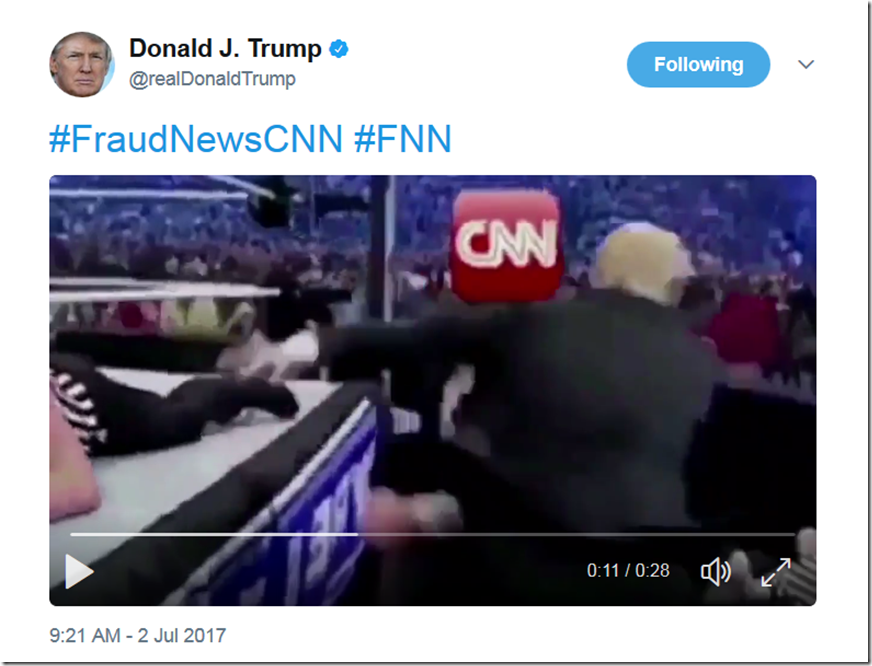Are Journalists Rebelling Against Going Off-The-Record?
Attorney General Eric Holder is meeting with bureau chiefs from major news outlets this week for off-the-record sessions. They’re discussing the recent revelations that the Department of Justice seized phone records from Associated Press reporters and investigated Fox News reporter James Rosen for his reporting of sensitive leaked government information.
Not everybody is playing ball – as of this writing, The New York Times, The Associated Press, The Huffington Post, CNN and McClatchy will not attend as long as the session remains off the record.
This isn’t the first time the Obama Administration has been in the news for its controlling policies when it comes to dealing with the media. Just last summer, The New York Times reported on the practice of political press officers having final approval on quotes used in stories in exchange for access to top campaign officials. Of course, trying to control the media by restricting access is not exclusive to the Obama administration — but each successive recent Administration seems to be moving toward increasingly stricter controls.
As a former journalist, I find that these off-the-record meetings continue a dangerous trend regarding the media’s dealings with this Administration. This Department of Justice issue affects the news media itself and, as the point of a free press is to shine a light on government and its actions, should be discussed openly. Furthermore, from a communications standpoint, I’m not sure this serves to reassure the public that the Obama administration is committed to press freedoms.
MSNBC’s Morning Joe hosted a great debate on the topic this morning featuring top journalists and former politicians. The clip is a bit long at 22 minutes, but I suggest you take the time to watch it anyway. In it, Ron Fournier, the Editorial Director of the National Journal and former Washington Bureau Chief for the Associated Press voiced his concerns about the meeting, saying:
“Off the record in Washington means it’s a secret. It means even if… If you show me pictures of a senator with sheep, I can’t do anything with it… I’m not a priest. My job is to report what is happening. So why would I want to be a part of…meeting with a bunch of other journalists on a topic this important that is a secret. And the high irony here is that the Attorney General who’s been snooping on our news organizations wanted us to keep his secret.”
Outlets participating in the meeting cited the common practice of off-the-record conversations between journalists and sources. Politico’s Editor in Chief John Harris said in an email:
“As editor in chief, I routinely have off-the-record conversations with people who have questions or grievances about our coverage or our newsgathering practices. I feel anyone–whether an official or ordinary reader–should be able to have an unguarded conversation with someone in a position of accountability for a news organization when there is good reason.”
What lessons can communications professionals take from this?
1. Be wary of off-the-record agreements. Even if the agreement is honored, it may be reported that your organization insisted on an off-the-record situation, making it look like you have something to hide.
2. Off-the-record may affect your relationship with reporters. Many reporters resent this culture of off the record in straightforward situations. This agreement should be used sparingly.
3. Just because the Obama administration gets away with off-the-record demands to some degree doesn’t mean you will. Access to the President and top administration officials is necessary for political journalists to do their job. Access to your organization probably doesn’t rate with journalists quite as high.
Want more media analysis and training tips? Follow me on Twitter @PMRChristina!


